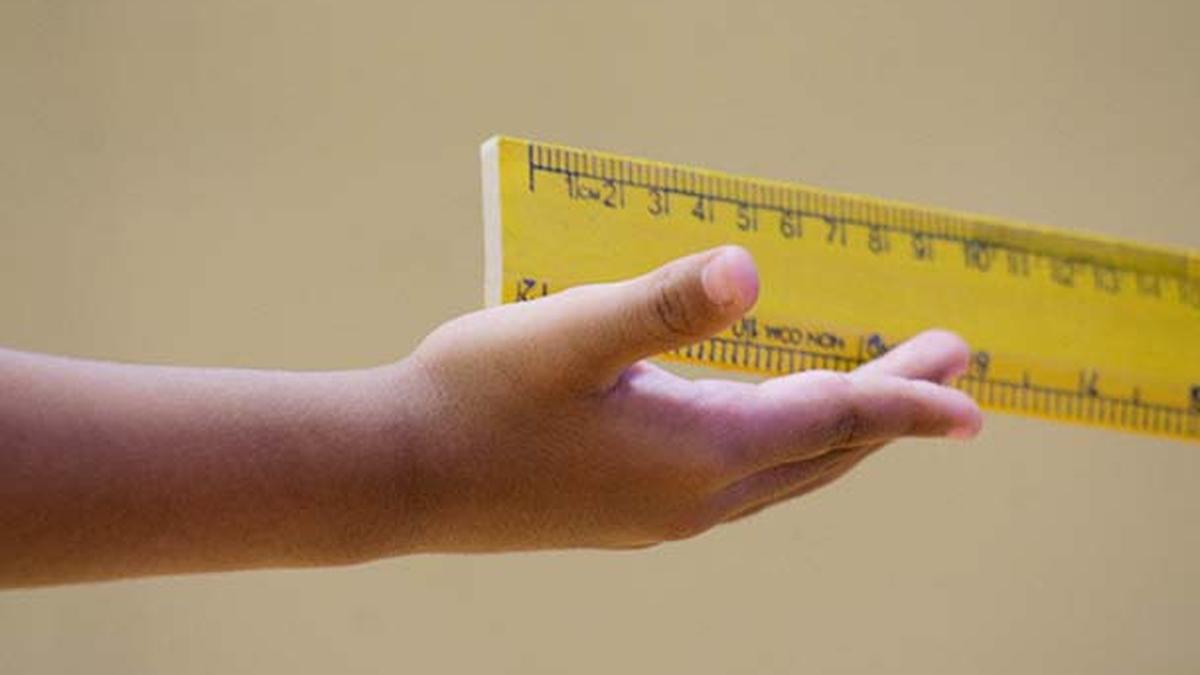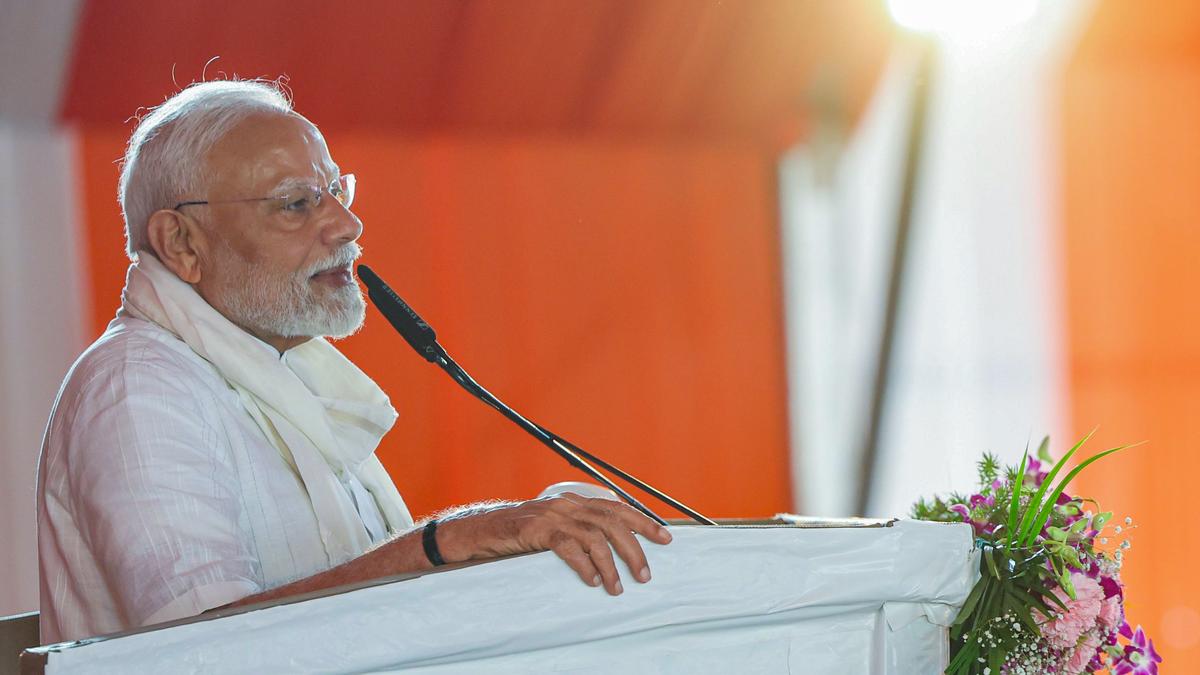Now Reading: Discipline or Abuse: Where Should the Line Be Drawn?
-
01
Discipline or Abuse: Where Should the Line Be Drawn?
Discipline or Abuse: Where Should the Line Be Drawn?

Quick Summary
- Corporal punishment remains a prevalent method of disciplining children in India, with surveys indicating that 77.5% of parents use physical punishment.
- The practice is frequently enough culturally normalized under the justification,”This is how we were raised,” despite its potentially harmful effects on children.
- Studies globally show links between corporal punishment and long-term behavioral/emotional issues such as depression, low self-esteem, and even changes in brain function akin to those caused by severe abuse.
- While proponents argue about unclear causality in studies linking corporal punishment to negative outcomes, the majority of research points toward its ineffectiveness and potential harm.
- Corporal punishment perpetuates inter-generational trauma: adults punished as children are more likely to use similar methods for parenting.
- Social and economic pressures also shape parental choices toward quick disciplinary methods like physical punishments.
- Experts suggest legal reforms alongside cultural change as necessary steps to effectively reduce corporal punishment practices.Bans alone may not be enough without accompanying public education campaigns to shift societal beliefs.
Indian Opinion Analysis
The prevalence of corporal punishment highlights deeply ingrained cultural attitudes toward child-rearing in india that prioritize obedience over emotional or cognitive well-being. The overwhelming evidence from global research underscores its ineffectiveness and lasting harm-a clear signal for India to reconsider these norms urgently.
However,legal bans alone are insufficient becuase entrenched societal behaviors ofen evade superficial regulation within private households. A comprehensive approach involving public awareness campaigns, alternative parenting strategies, educational initiatives tailored for caregivers across socioeconomic backgrounds, and gradual cultural shifts may offer more sustainable change while respecting familial autonomy.
Additionally, addressing economic stressors can play a key role; policies alleviating hardship could reduce reliance on ineffective quick-fix disciplining techniques like physical punishments. Adopting these multifaceted measures places child welfare at the center while acknowledging systemic factors shaping parental behavior.






















